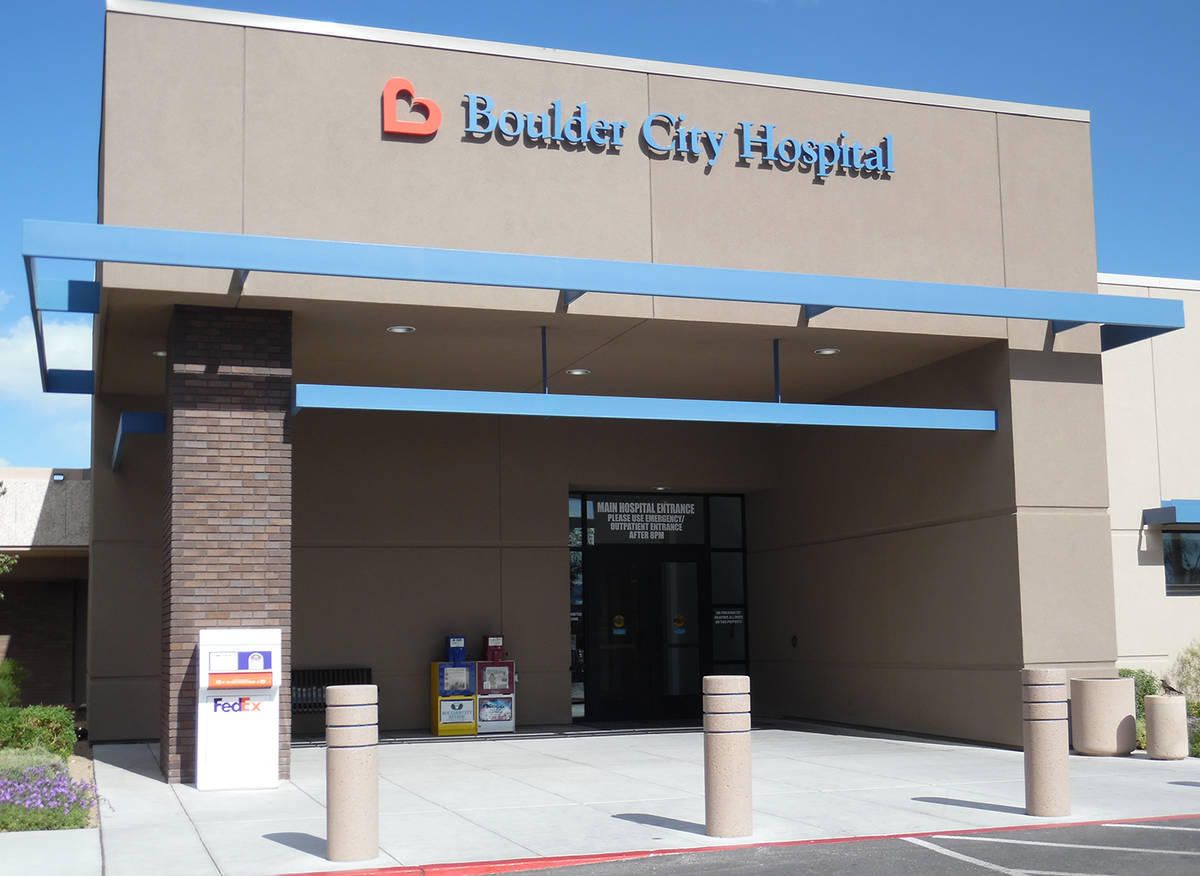Fibromyalgia may be to blame for aches, tiredness
The stress and trauma from the coronavirus pandemic over the past 18 months have taken a toll on our mental and physical well-being. If you’re tired all the time, more irritable, experience sleep problems, anxiety and depression issues, and bouts or constant pain, then a conversation with your health care provider may be in order.
But could there be another explanation for your symptoms?
Fibromyalgia (fi·bro·my·al·gi·a) is a condition that causes pain all over the body (also referred to as widespread pain), sleep problems, fatigue and often emotional and mental distress. People with fibromyalgia may be more sensitive to pain than people without fibromyalgia. This is called abnormal pain perception processing.
Fibromyalgia affects about 4 million U.S. adults, about 2 percent of the adult population. The cause of fibromyalgia is not known, but it can be effectively treated and managed. Researchers believe that fibromyalgia amplifies painful sensations by affecting the way your brain and spinal cord process painful and nonpainful signals.
The primary symptoms of fibromyalgia include:
■ Widespread pain. Often described as a constant dull ache that has lasted for at least three months. To be considered widespread, the pain must occur on both sides of your body and above and below your waist.
■ Fatigue. People with fibromyalgia often wake tired, even though they report sleeping for long periods of time. Sleep is often disrupted by pain, and many patients with fibromyalgia have other sleep disorders, such as restless legs syndrome and sleep apnea.
■ Cognitive difficulties. A symptom commonly referred to as “fibro fog” impairs the ability to focus, pay attention and concentrate on mental tasks.
Fibromyalgia often co-exists with other conditions, such as irritable bowel syndrome, chronic fatigue syndrome, migraine and other types of headaches, interstitial cystitis or painful bladder syndrome, temporomandibular joint disorders, anxiety, depression and postural tachycardia syndrome.
Many researchers believe that repeated nerve stimulation causes the brain and spinal cord of people with fibromyalgia to change. This change involves an abnormal increase in levels of certain chemicals in the brain that signal pain.
In addition, the brain’s pain receptors seem to develop a sort of memory of the pain and become sensitized, meaning they can overreact to painful and nonpainful signals.
There are likely many factors that lead to these changes, including:
■ Genetics. Because fibromyalgia tends to run in families, there may be certain genetic mutations that may make you more susceptible to developing the disorder.
■ Infections. Some illnesses appear to trigger or aggravate fibromyalgia.
■ Physical or emotional events. Fibromyalgia can sometimes be triggered by a physical event, such as a car accident. Prolonged psychological stress may also trigger the condition.
Fibromyalgia can be effectively treated and managed with medication and self-management strategies. Fibromyalgia should be treated by a doctor or team of health care professionals who specialize in the treatment of fibromyalgia and other types of arthritis, called rheumatologists.
Doctors usually treat fibromyalgia with a combination of treatments, which may include medications, including prescription drugs and over-the-counter pain relievers; aerobic exercise and muscle strengthening exercise; patient education classes, usually in primary care or community settings; stress management techniques such as meditation, yoga and massage; good sleep habits to improve the quality of sleep; and cognitive behavioral therapy to treat underlying depression. CBT is a type of talk therapy meant to change the way people act or think.
Learn more at the National Institute for Health (https://www.niams.nih.gov/health-topics/fibromyalgia).
To Your Health is provided by the staff of Boulder City Hospital. For more information, call 702-293-4111, ext. 576, or visit bchcares.org.















